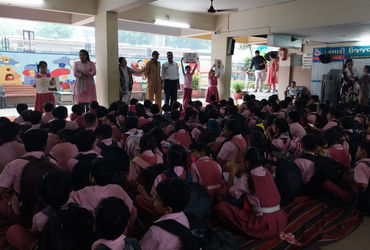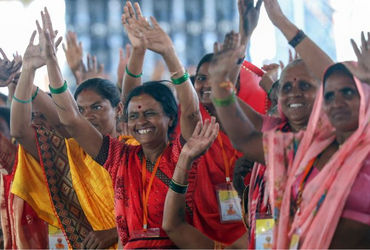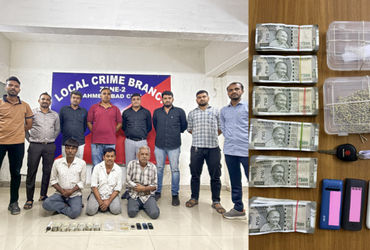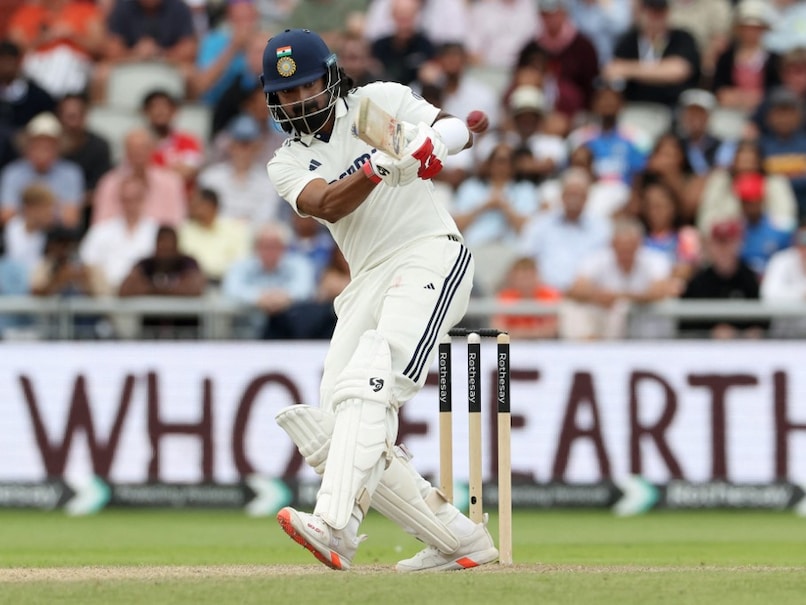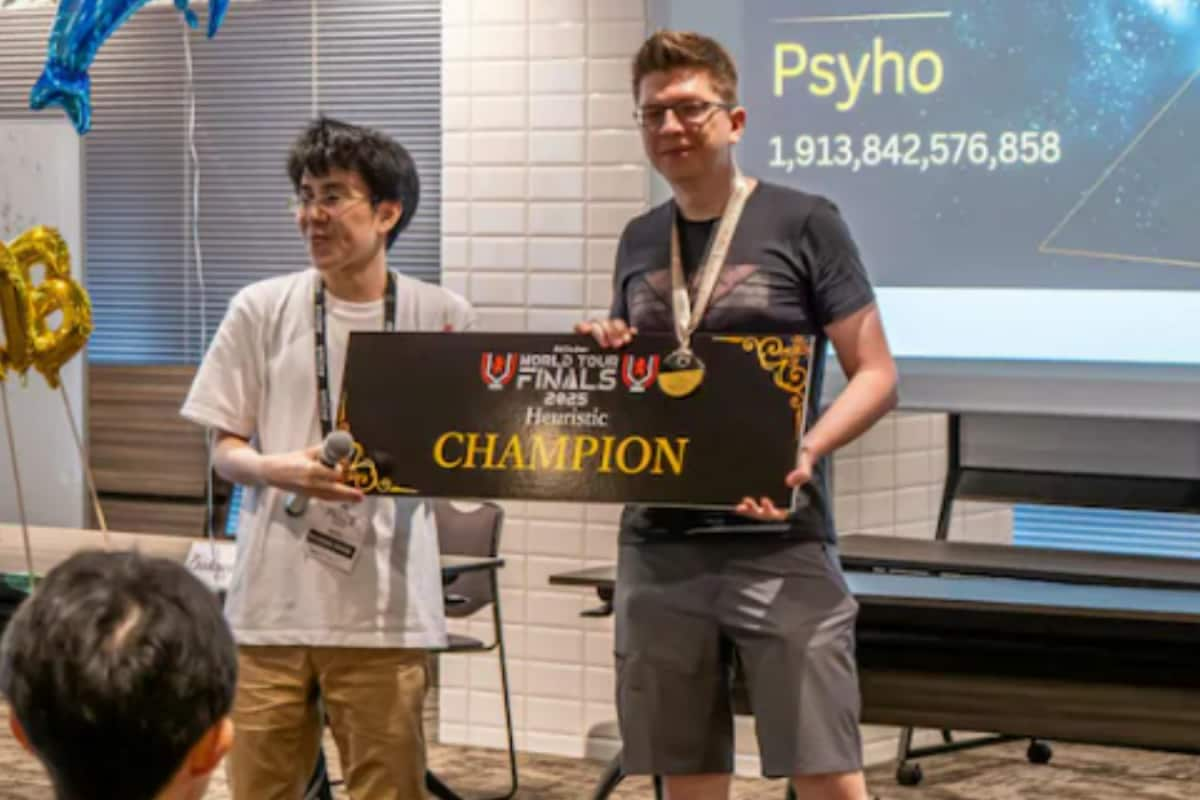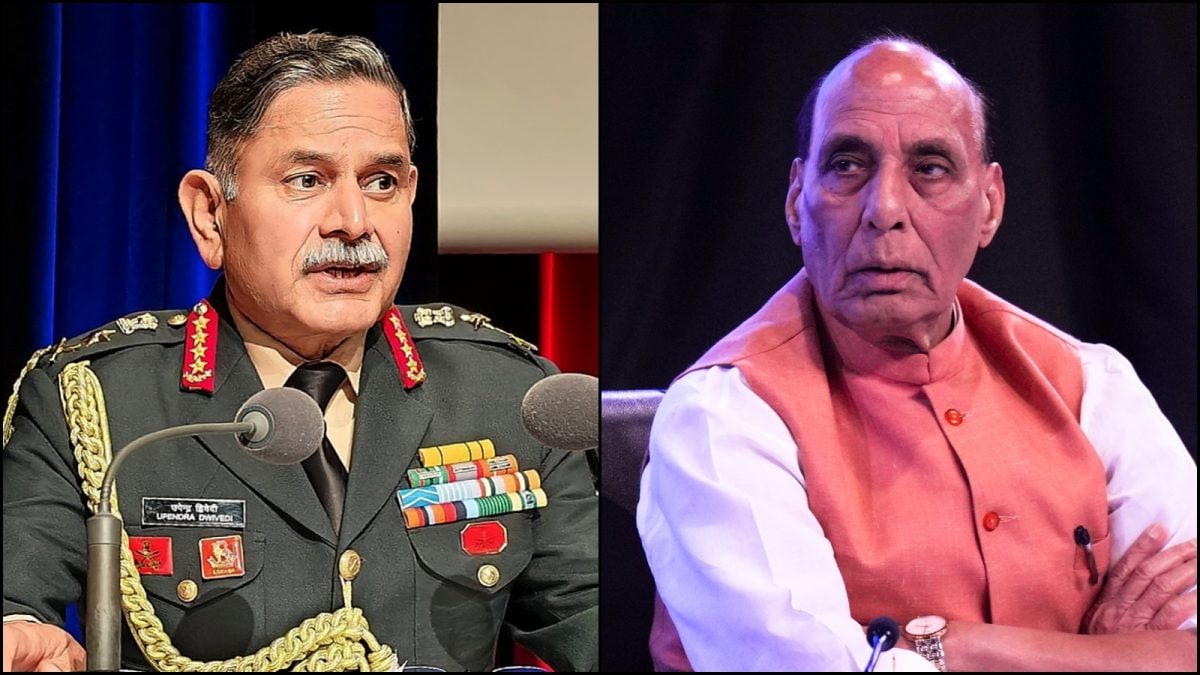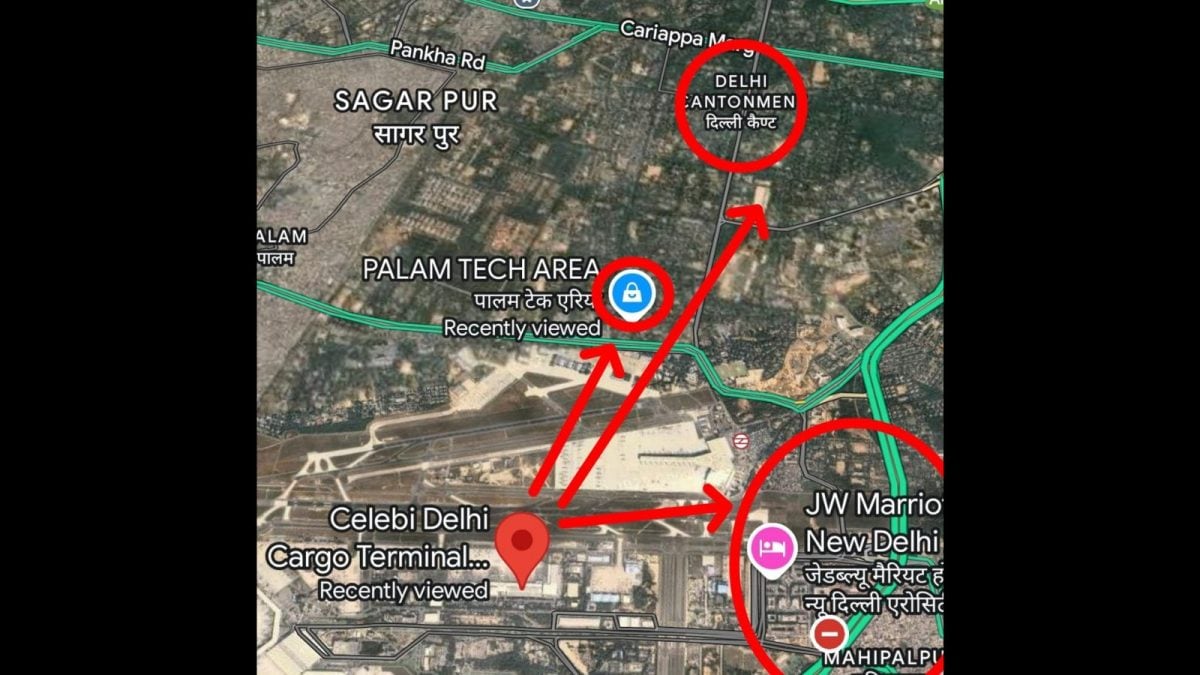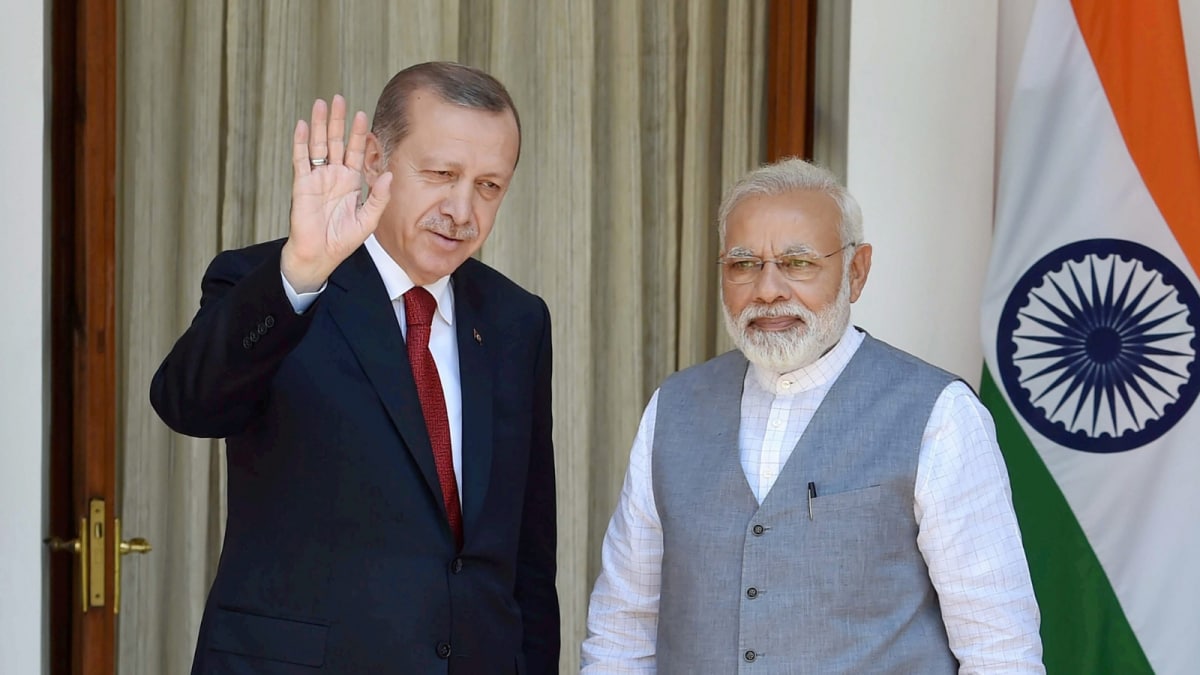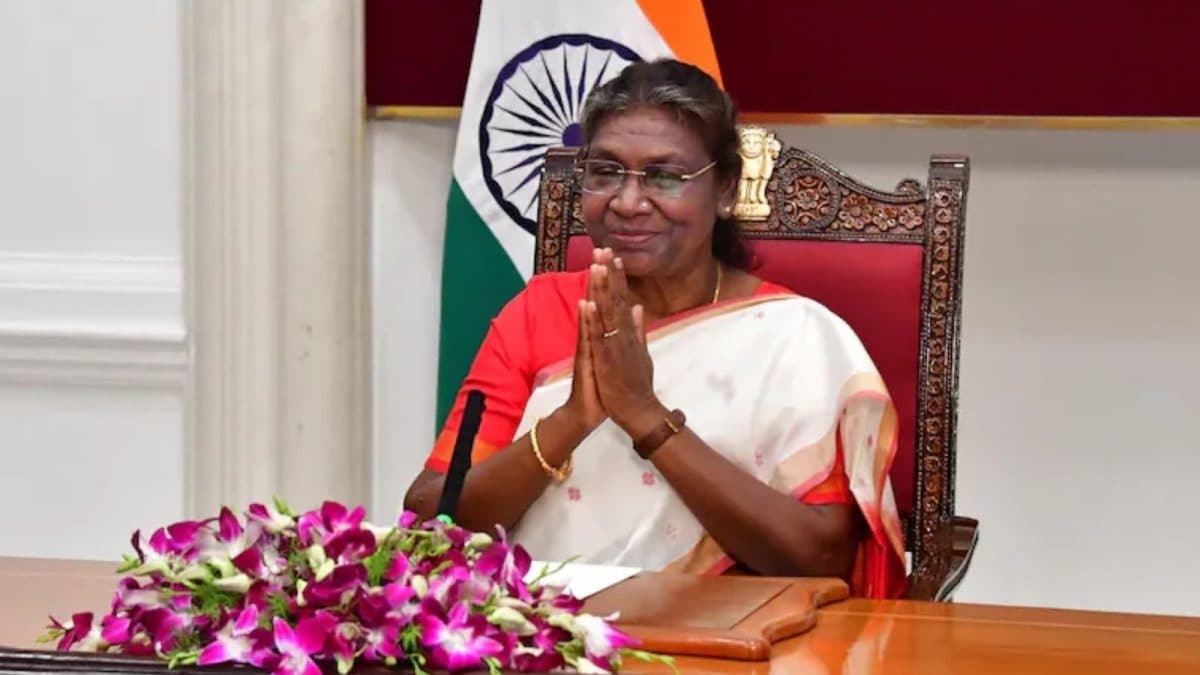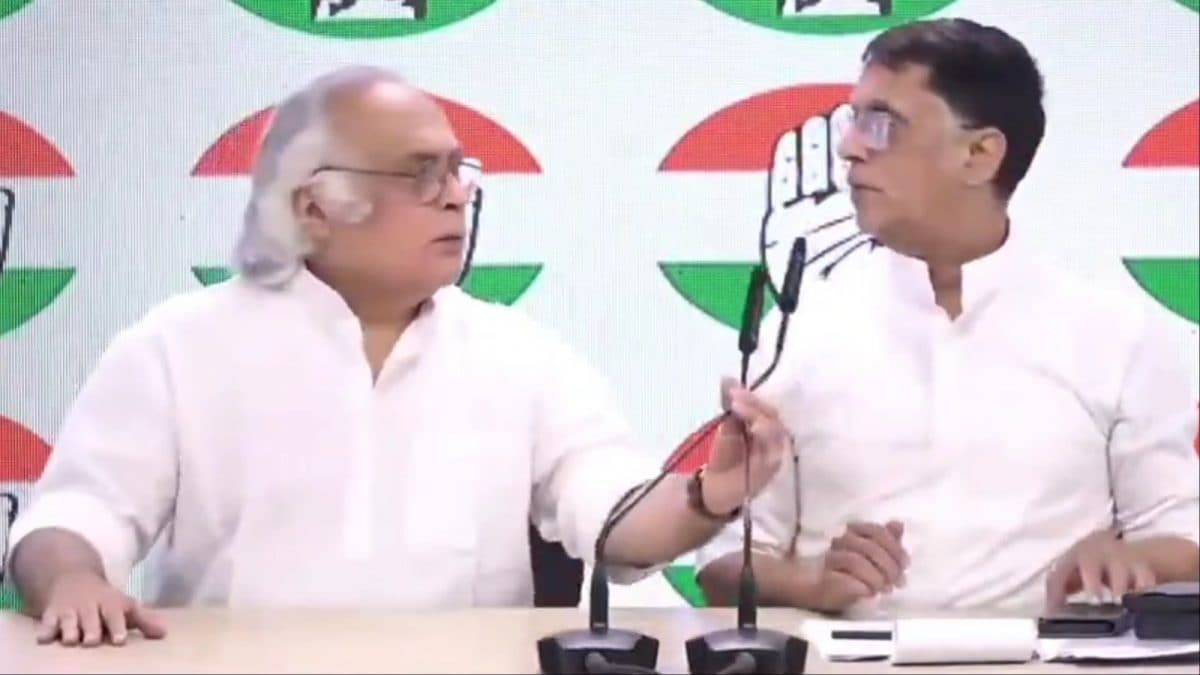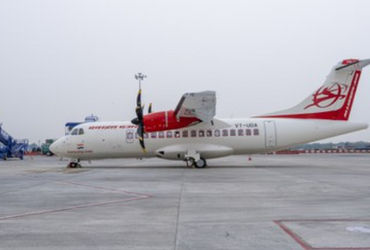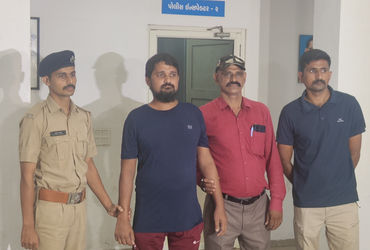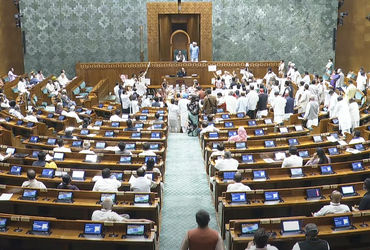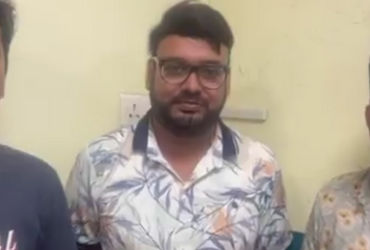Portugal’s Gujarat connection: a radio station, language schools, and shops
Martim Moniz Square of Portugal has a row of Gujarati-run shops today, and the schools of this western European country teach in Gujarati language, too, said a Gujarat-origin Portugal resident.Not only do the five schools in Portugal teach Gujarati every Saturday, but a radio programme was also launched in the country for the Gujaratis.Portugal’s Gujarat connection began in the 1970s, when a workers’ migration took place to Portugal from Gujarat, especially from nearby Diu and Daman for special rights.In Quinta da Vitória and Quinta da Holandesa, two Gujarati colonies were established by the Wanza and Darji communities. Gujaratis then spread to the country’s capital, Lisbon also, where in Greater Lisbon resides a large Gujarati community today.In fact, out of around 70,000 NRI families in Portugal, more than 60,000 are Gujarati. Their presence can be felt in trade-commerce, real estate, appliances, food, clothing, perfume, stationary, and restaurant industries all over the country.A frequent traveller to European countries, Prof JD Bhola of L D Arts college says that, “Gujarati colonies, and therefore Gujarati language, came to Portugal when the country gave special rights to the workers of Diu, Daman, and Goa.”Today, Navratri, Satyanarayan Katha, and Gujarati festivities in Gujarati temples can be seen in Portugal, according to Prof Bhola.Another Gujarati residing in Portugal, Shantilal Shukla who went to Portugal via Mozambique from Diu, said that Portugal has Gujarti shops, and the schools were established for Gujaratis.For the students who could not attend the schools, five schools of Portugal used to teach Gujarati on every Saturday. The permission for the same was given by the City Council of Lisbon, said Shukla.Moreover, for the Gujaratis in Portugal, a special radio programme called ‘Swagatam’ was also launched in 1987, Shukla recalls.A workers’ migration in the ’70s decade brought some brave Gujaratis to the Portugal shores, and now the presence of the Gujaratis is inevitable in the country, completing a full circle to the time when Vasco da Gama arrived at the Calicut port of India back in 1498, eventually colonising Diu, Daman, and Goa among others.Also read:Hindu vote becomes a factor in US electionsIndian investigative journalist killed in New York fireGujarati youth working as helper dies in Russia-Ukraine war
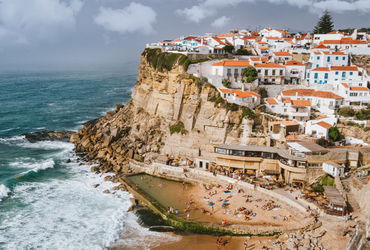

Martim Moniz Square of Portugal has a row of Gujarati-run shops today, and the schools of this western European country teach in Gujarati language, too, said a Gujarat-origin Portugal resident.
Not only do the five schools in Portugal teach Gujarati every Saturday, but a radio programme was also launched in the country for the Gujaratis.
Portugal’s Gujarat connection began in the 1970s, when a workers’ migration took place to Portugal from Gujarat, especially from nearby Diu and Daman for special rights.
In Quinta da Vitória and Quinta da Holandesa, two Gujarati colonies were established by the Wanza and Darji communities. Gujaratis then spread to the country’s capital, Lisbon also, where in Greater Lisbon resides a large Gujarati community today.
In fact, out of around 70,000 NRI families in Portugal, more than 60,000 are Gujarati. Their presence can be felt in trade-commerce, real estate, appliances, food, clothing, perfume, stationary, and restaurant industries all over the country.
A frequent traveller to European countries, Prof JD Bhola of L D Arts college says that, “Gujarati colonies, and therefore Gujarati language, came to Portugal when the country gave special rights to the workers of Diu, Daman, and Goa.”
Today, Navratri, Satyanarayan Katha, and Gujarati festivities in Gujarati temples can be seen in Portugal, according to Prof Bhola.
Another Gujarati residing in Portugal, Shantilal Shukla who went to Portugal via Mozambique from Diu, said that Portugal has Gujarti shops, and the schools were established for Gujaratis.
For the students who could not attend the schools, five schools of Portugal used to teach Gujarati on every Saturday. The permission for the same was given by the City Council of Lisbon, said Shukla.
Moreover, for the Gujaratis in Portugal, a special radio programme called ‘Swagatam’ was also launched in 1987, Shukla recalls.
A workers’ migration in the ’70s decade brought some brave Gujaratis to the Portugal shores, and now the presence of the Gujaratis is inevitable in the country, completing a full circle to the time when Vasco da Gama arrived at the Calicut port of India back in 1498, eventually colonising Diu, Daman, and Goa among others.
Also read:
Hindu vote becomes a factor in US elections
What's Your Reaction?
















